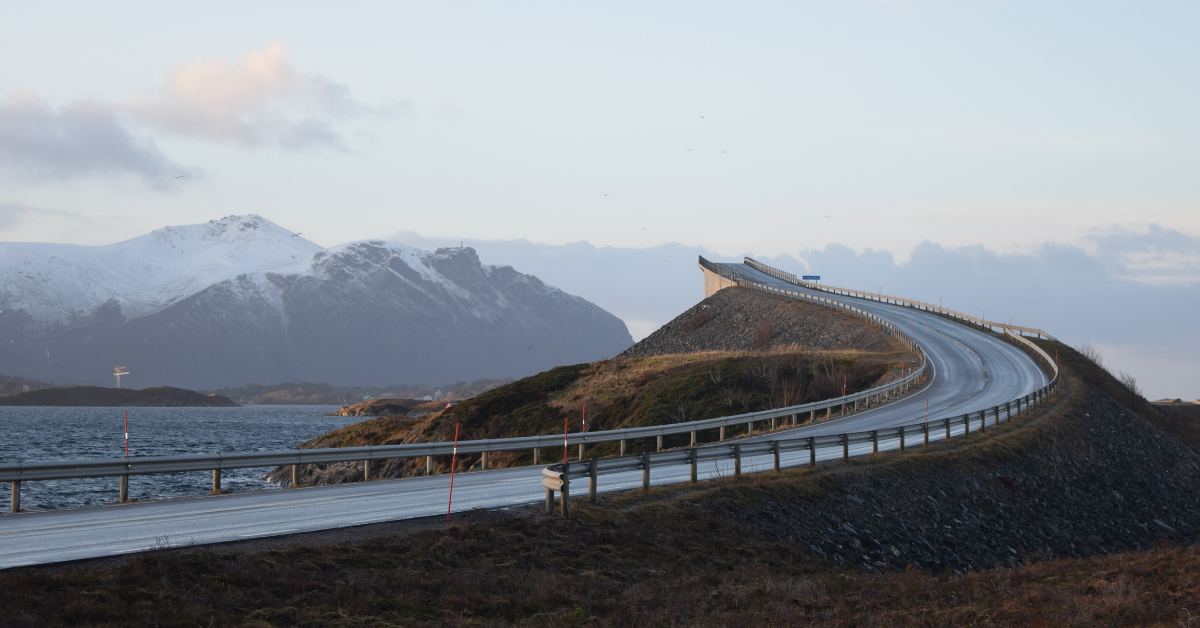
The Nordic governments can, to a greater extent than today, join forces to identify important research areas and make joint calls, according to a report from Nordforsk. There is a long tradition of collaboration between researchers in the Nordic countries, but now many are instead looking to Europe.
In the Curie article, the journalist Charlie Olofsson asked some representatives of the research world to address the need for research from a Nordic perspective.
Difficult to get EU money for Nordic projects
An important funder of Nordic research collaborations is Nordforsk. They provide funding for research projects involving researchers from at least three different countries, where at least two must be Nordic. Nordforsk receives its basic funding from the Nordic Council of Ministers, but they often announce funding in collaboration with other funders.
Arne Flåøyen, Director at NordForsk, sees that researchers who want to apply for funding together with colleagues in other Nordic countries currently have difficulty obtaining joint funding. There is nothing to prevent Nordic researchers from joining forces and applying for research funding from the EU, but in practice, it is difficult to get EU money for Nordic collaborations, he says.
Common challenges in the Nordic region and directly fund foreign researchers
This summer, Nordforsk released the report “How to mobilize the Nordics!” with 14 proposals on how to strengthen co-operation in research and education in the Nordic region. Arne Flåøyen describes it as an inspiration catalogue that can be developed over time. Among the 14 proposals, for example, is the importance of raising more money for Nordic research projects.
The Nordic countries stand out internationally through their well-developed registers with various authorities and organizations. Through the registers, it is possible to collect large amounts of information, for example for research in the field of health.
The floor to the experts
Arne Flåøyen believes that it is important to promote Nordic co-operation in research for several reasons. He sees that there are many areas where the Nordic countries have similar conditions and face similar challenges from well-developed industries or similar climates. Besides, the report also points to the benefits of Nordic co-operation on research infrastructure, for example in the IT area.
However, Ingrid Petersson, General Director at Formas, explains the duality in their mission.
“We will support Swedish researchers and universities, but we will also contribute to solving our biggest societal problems. The latter can be interpreted as meaning that we should fund the researchers who are best suited, regardless of where they are located.”
Ingrid Petersson, Formas General Director
Ingrid Petersson does not rule out that in the future they could also make announcements together with national financiers from other Nordic countries. She sees several issues that can be valuable to tackle from a Nordic perspective. For example, the Nordic security policy situation and the common challenges for agriculture at our latitudes.
Carl-Henrik Heldin, professor at Uppsala University and chairman of the Nobel Foundation, agrees that there are good reasons to develop Nordic cooperation in for example health research. He also sees that there are research questions where a Nordic perspective can be relevant. At the same time, he does not think that the importance of cooperation within the Nordic region, in particular, should be exaggerated.
About CURIE
Curie is a Swedish web magazine devoted to the world of research. It monitors the latest research trends. Curie explains and analyses and puts research into context. The magazine takes the pulse on the decision-makers and examines how their decisions affect the day-to-day lives of researchers.
Text adapted and translated by the SweDev Secretariat from the original article written by Charlie Olofsson (Curie)


Recent Comments